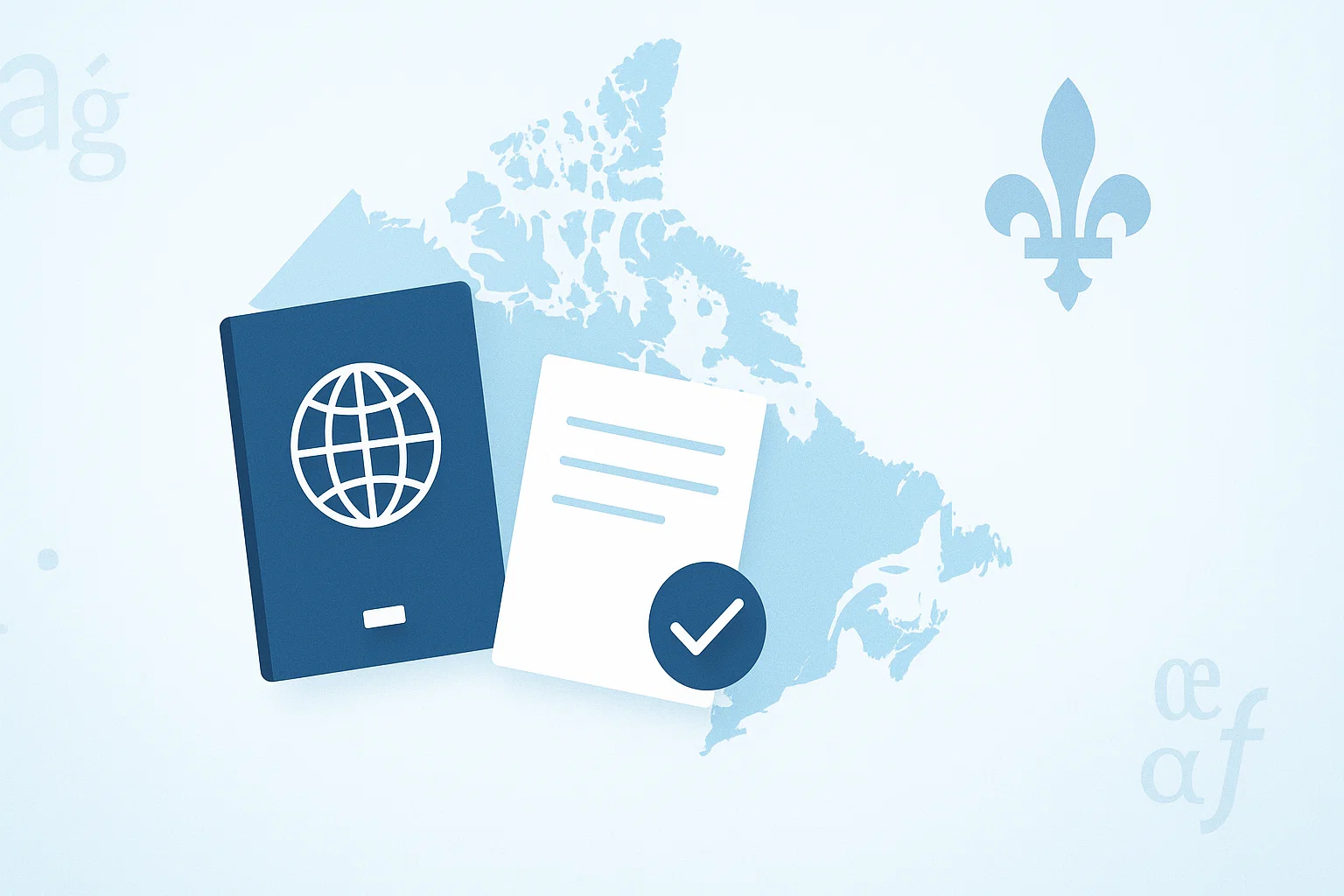
On November 8th, 2024, Immigration, Refugees and Citizenship Canada (IRCC) announced that it will no longer accept study permit applications submitted through the Student Direct Stream (SDS). Additionally, the Nigeria Student Express (NSE) program for Nigerian students has also been discontinued. Going forward, all international students must apply for a Canadian study permit through the standard application process.
What is the Student Direct Stream (SDS)?
Launched in 2018, the SDS is a streamlined visa application process established by the Canadian government to help qualified international students obtain their study permits more quickly. This program specifically targeted applicants from certain countries, including India, China, Pakistan, and the Philippines, among 14 eligible countries. SDS applicants were required to meet additional conditions, such as providing valid language test scores (such as IELTS or CELPIP) and opening a Guaranteed Investment Certificate (GIC) of CAD $20,635 with a Canadian financial institution, to prove sufficient financial support. Applicants who met these criteria typically received a decision within 20 days, much faster than the standard application process.
The Impact and Benefits of SDS
Since its implementation, SDS has provided an efficient application route for many international students, especially those from India, and significantly improved approval rates. Over the past few years, the approval rate for SDS applications has been consistently higher than for standard applications. By the end of 2022, Indian students applying through SDS achieved an approval rate of 76%, while the approval rate for standard applications was only 8%. As a result, SDS became the primary choice for Indian students, with about 80% of applicants from India submitting study permit applications through SDS in 2022.
Next Steps: Existing SDS Applications Will Continue to Be Processed
For prospective students, IRCC has clarified that any applications submitted before 2:00 p.m. ET on November 8, 2024, and that are eligible for SDS or NSE, will continue to be processed under these expedited streams. However, study permit applications submitted after this time will be processed under the standard stream, with no accelerated processing under SDS or NSE. Although the SDS and NSE programs have been discontinued, applicants’ eligibility remains unaffected, and all students are still required to meet Canada’s basic study permit requirements.
Post-SDS Application Landscape: Processing Times May Lengthen
With the termination of SDS, international students from all countries will now need to use the standard application process for study permits. Processing times will vary depending on the applicant’s country. For example, current average processing times for applicants from India are approximately 8 weeks. For those who had planned to apply under SDS, this change could mean longer waiting periods, especially with IRCC’s new cap on temporary resident permits.
Canada’s Recent Policy Adjustments for International Students
Since 2024, the Canadian government has introduced multiple adjustments to its international student programs to control the number of temporary residents within the country. These measures include a cap on the issuance of new study permits (with an annual cap set at 437,000 starting in 2025, including master’s and Ph.D. students), additional eligibility criteria for language proficiency and fields of study, restrictions on work permits for international students’ spouses, and an update to the cost-of-living requirements for international students.
These policy changes will have a profound impact on international students interested in studying in Canada. IRCC advises prospective applicants to plan ahead, adapt to the standard application process, and be prepared for potentially longer processing times to successfully complete their study permit applications in Canada.









